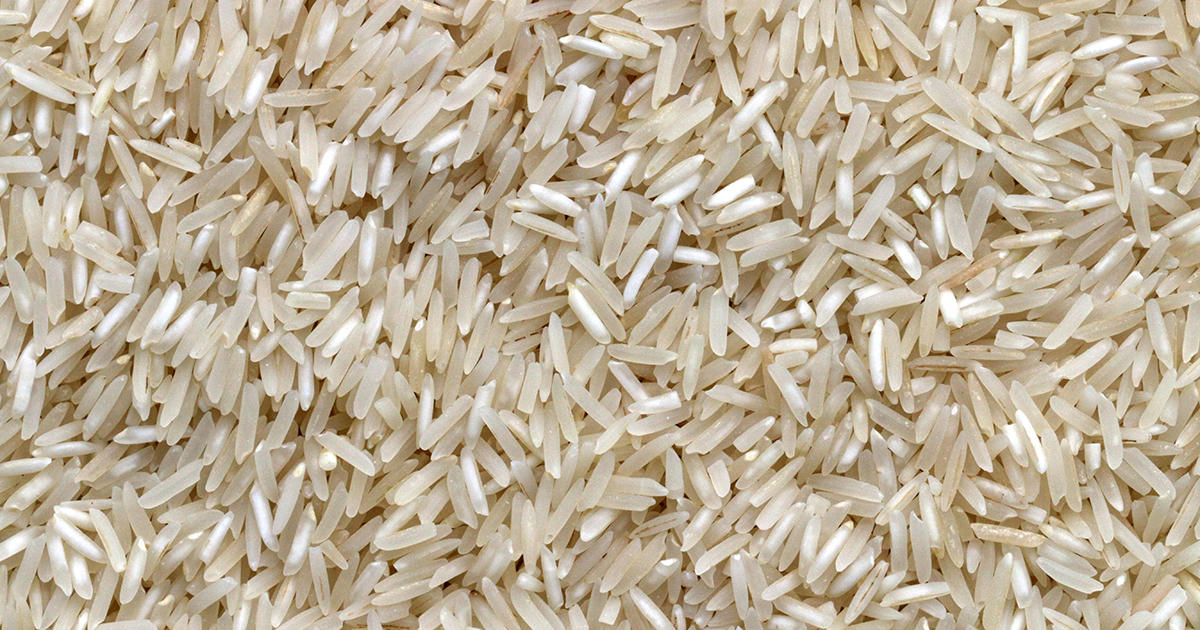
CPHHS Associate Professor Sarah Rothenberg has received a $436,088 grant from NIH’s National Institute on Environmental Health Sciences for the study “Exploratory use of stable mercury isotopes to distinguish dietary sources of methylmercury and their relation to neurodevelopment.”
Fish consumption is considered the main dietary source of methylmercury, a potent neurotoxin, which affects the developing fetus. Rice is also an important source of methylmercury, without the same beneficial nutrients as fish. While studies can assess methylmercury exposure by measuring hair mercury concentrations, they cannot determine whether the methylmercury was from fish or rice.
This two-year study presents a unique opportunity to test a non-invasive biomarker (hair), using a method that distinguishes methylmercury intake from rice versus fish, with less measurement error than traditional methods like food frequency questionnaires.
“I’m excited to have a chance to test this hypothesis in maternal hair samples from our birth cohort in rural China,” Sarah says.